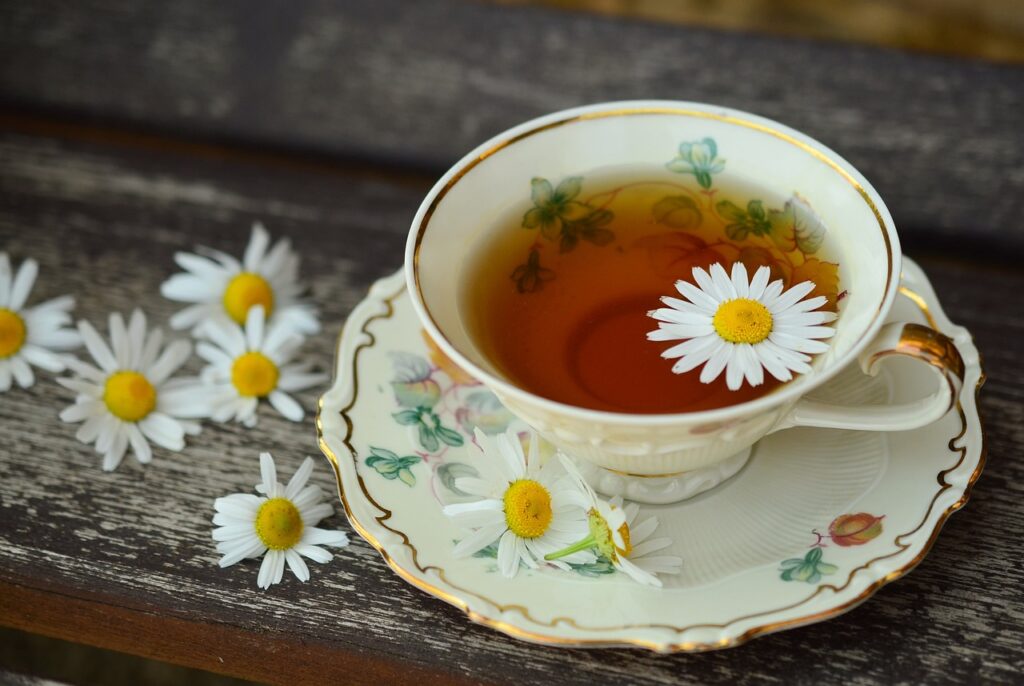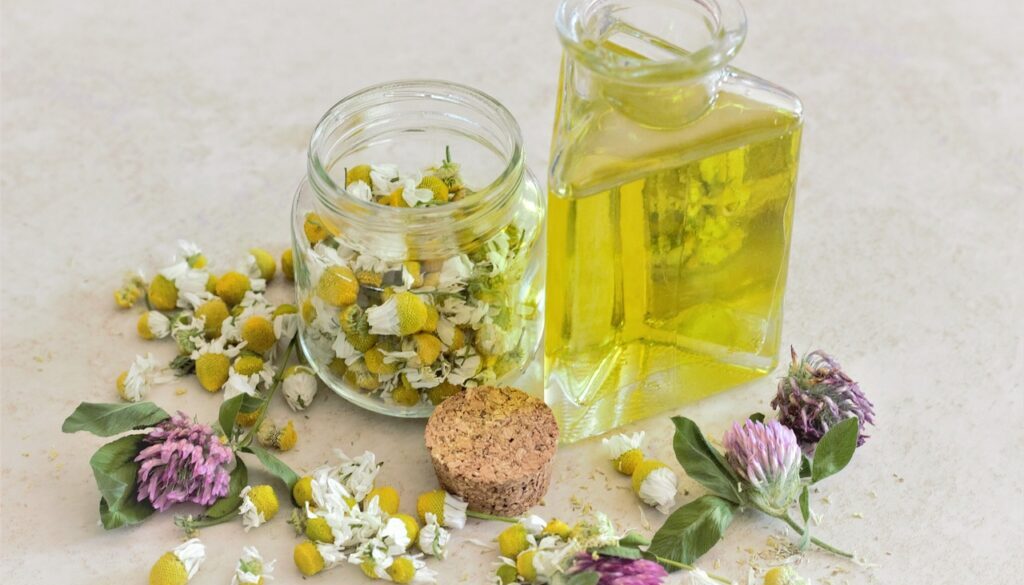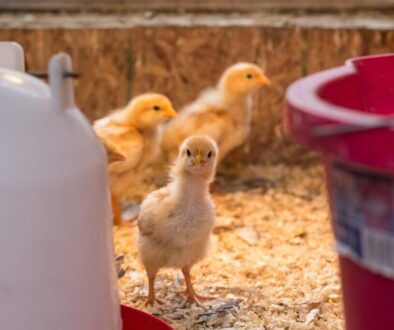Unlocking the Power of Herbal Medicine and Natural Remedies on Your Homestead
In the hustle and bustle of modern life, there’s something undeniably comforting about turning back to nature for health and wellness. Herbal medicine and natural remedies offer a holistic approach to well-being that aligns perfectly with the principles of homesteading. Whether you’re looking to support your family’s health or simply explore the healing potential of plants, integrating herbal medicine into your homestead can be both practical and rewarding. 🌿✨

Why Herbal Medicine?
Herbal medicine is an age-old practice that uses plant-based remedies to treat various ailments and promote overall health. Unlike synthetic pharmaceuticals, many herbs have a long history of use and are known for their gentle yet effective properties. They can be used to address common issues such as digestive discomfort, stress, and minor injuries, often with fewer side effects.
Getting Started: Building Your Herbal Medicine Cabinet
To begin incorporating herbal medicine into your homestead, you’ll want to start by building a basic herbal medicine cabinet. Here’s a guide to some must-have herbs and their uses:
- Chamomile (Matricaria chamomilla)
- Uses: Calming tea for stress and insomnia, digestive aid.
- Preparation: Brew dried flowers into a soothing tea.
- Peppermint (Mentha × piperita)
- Uses: Relieves digestive issues, alleviates headaches.
- Preparation: Infuse leaves in hot water for a refreshing tea or use as a topical oil for headaches.
- Lavender (Lavandula angustifolia)
- Uses: Eases anxiety, promotes restful sleep, and has antimicrobial properties.
- Preparation: Add dried lavender to sachets for your pillow or use essential oil in diffusers.
- Echinacea (Echinacea purpurea)
- Uses: Boosts the immune system, shortens the duration of colds.
- Preparation: Make a tincture or tea from the root or flowers.
- Ginger (Zingiber officinale)
- Uses: Aids digestion, reduces nausea, and has anti-inflammatory effects.
- Preparation: Brew fresh or dried ginger root into tea or add to meals.
- Calendula (Calendula officinalis)
- Uses: Treats minor wounds, skin irritation, and inflammation.
- Preparation: Infuse petals into oils or salves for topical use.
Cultivating Your Herbal Garden
Growing your own herbs is a satisfying way to ensure a steady supply of fresh, potent remedies. Here are a few tips for starting your own herbal garden:
- Choose the Right Location: Most herbs thrive in well-drained soil and full sun. Select a spot in your garden that meets these needs or use containers if space is limited.
- Start with Easy Herbs: Begin with herbs that are known for being easy to grow, such as basil, thyme, rosemary, and mint.
- Learn About Soil and Watering Needs: Different herbs have different soil and watering requirements. Research each herb to provide the best growing conditions.
- Harvest Wisely: Harvest herbs in the morning when their essential oils are most concentrated. Be sure to leave enough of the plant to continue growing.
Preparing Herbal Remedies
Once you’ve gathered your herbs, there are various ways to prepare them for use:
- Teas and Infusions: Steep dried or fresh herbs in hot water to make medicinal teas or infusions. This method is ideal for herbs like chamomile, peppermint, and ginger.
- Tinctures: Alcohol-based extracts of herbs that can be used for a more concentrated dose. Place chopped herbs in a jar, cover with alcohol, and let sit for several weeks, shaking occasionally.
- Oils and Salves: Infused oils (such as calendula oil) can be used to make soothing salves or balms for skin care.
- Poultices: Crush fresh herbs and apply them directly to the skin to address minor injuries or inflammation.
Safety First
While herbal remedies are generally safe, it’s essential to use them wisely. Always:
- Consult a Healthcare Provider: Especially if you’re pregnant, nursing, or taking medications.
- Conduct a Patch Test: For topical applications, ensure you’re not allergic to the herb by testing a small amount first.
- Research Proper Dosages: Understand the correct dosage for each herb to avoid potential side effects.
Embracing the Herbal Lifestyle
Integrating herbal medicine into your homestead lifestyle not only enhances your self-sufficiency but also fosters a deeper connection with nature. By growing your own herbs and learning about their properties, you’re taking an empowering step toward holistic health and wellness.



